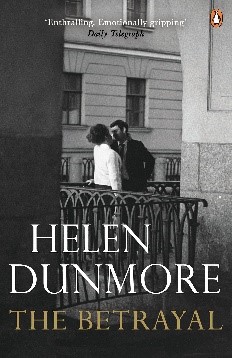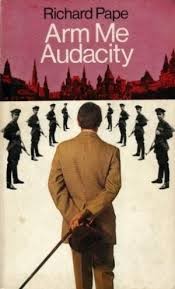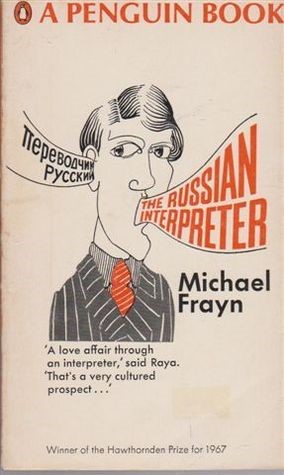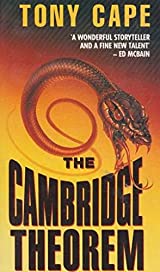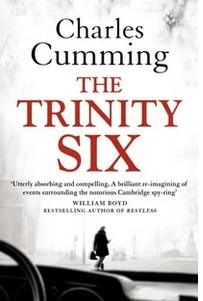
‘Nobody knows more about Russia than you’ (p. 33). So Dr Sam Gaddis, the hero of Charles Cumming’s fifth novel, is told.
Part-way through The Trinity Six, Russia in Fiction was less impressed with Gaddis, being more inclined along the lines of
‘Blimey – Dr Sam Gaddis gives academics a bad name. He is so slow, as if he’s never read a thriller in his life. Every coincidence that happens, he accepts unquestioningly. He completely fails to read the situation.’
Happily Gaddis improved, and with him the novel, which is a relatively complex example of the ‘secrets from history which must never come to light’ genre.
Continue reading